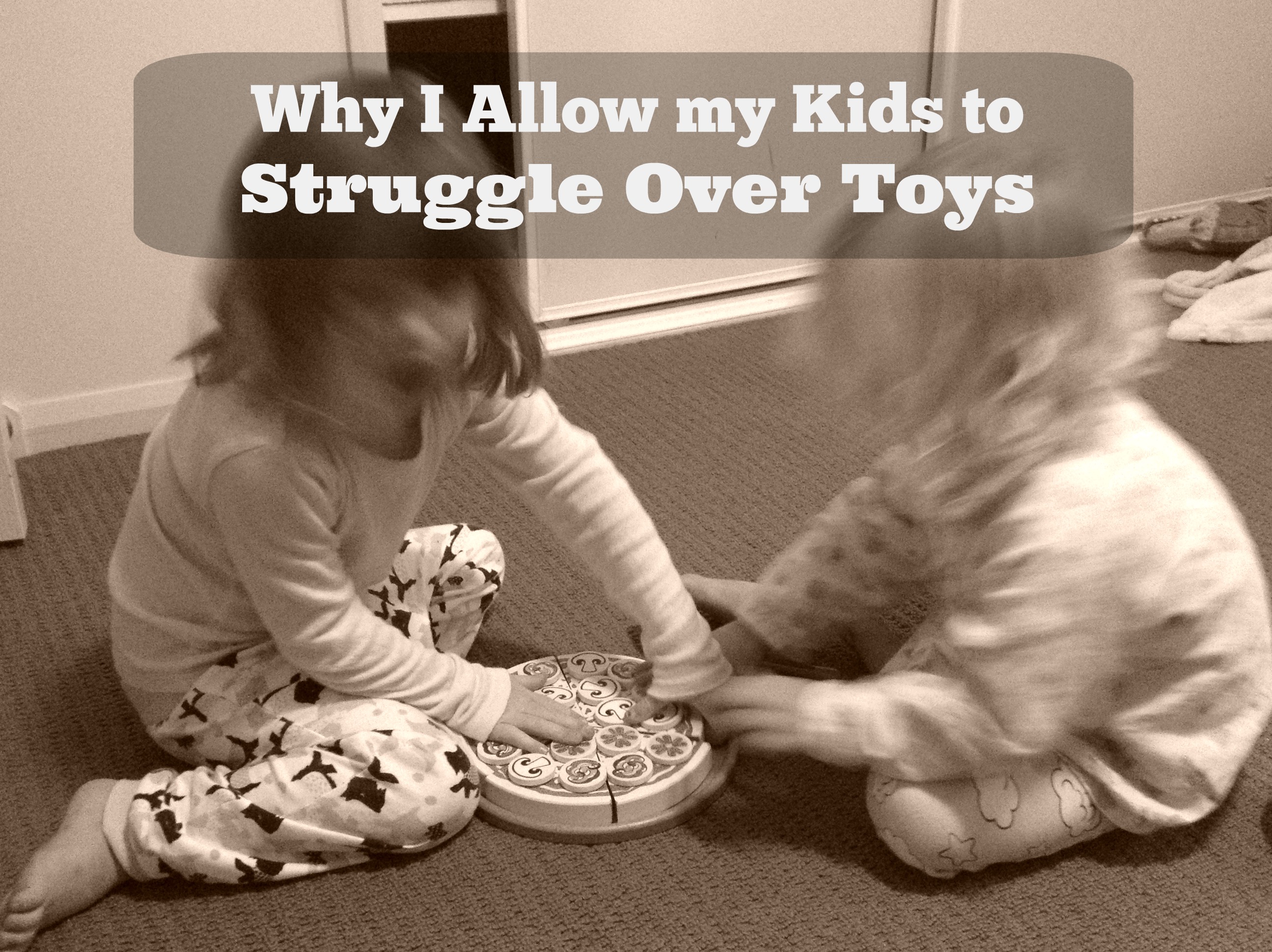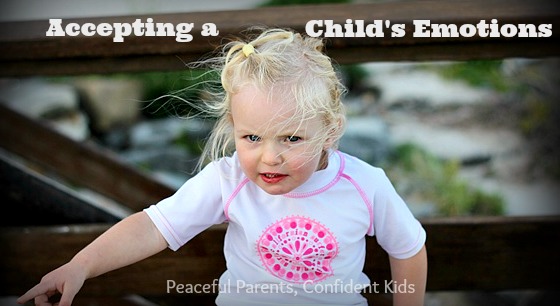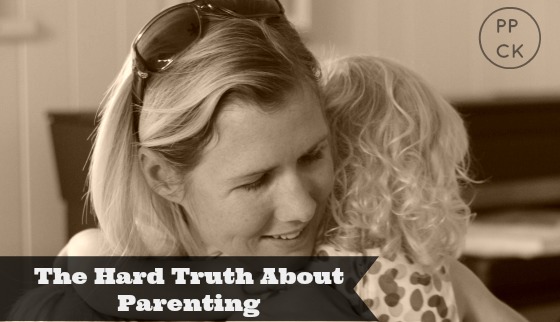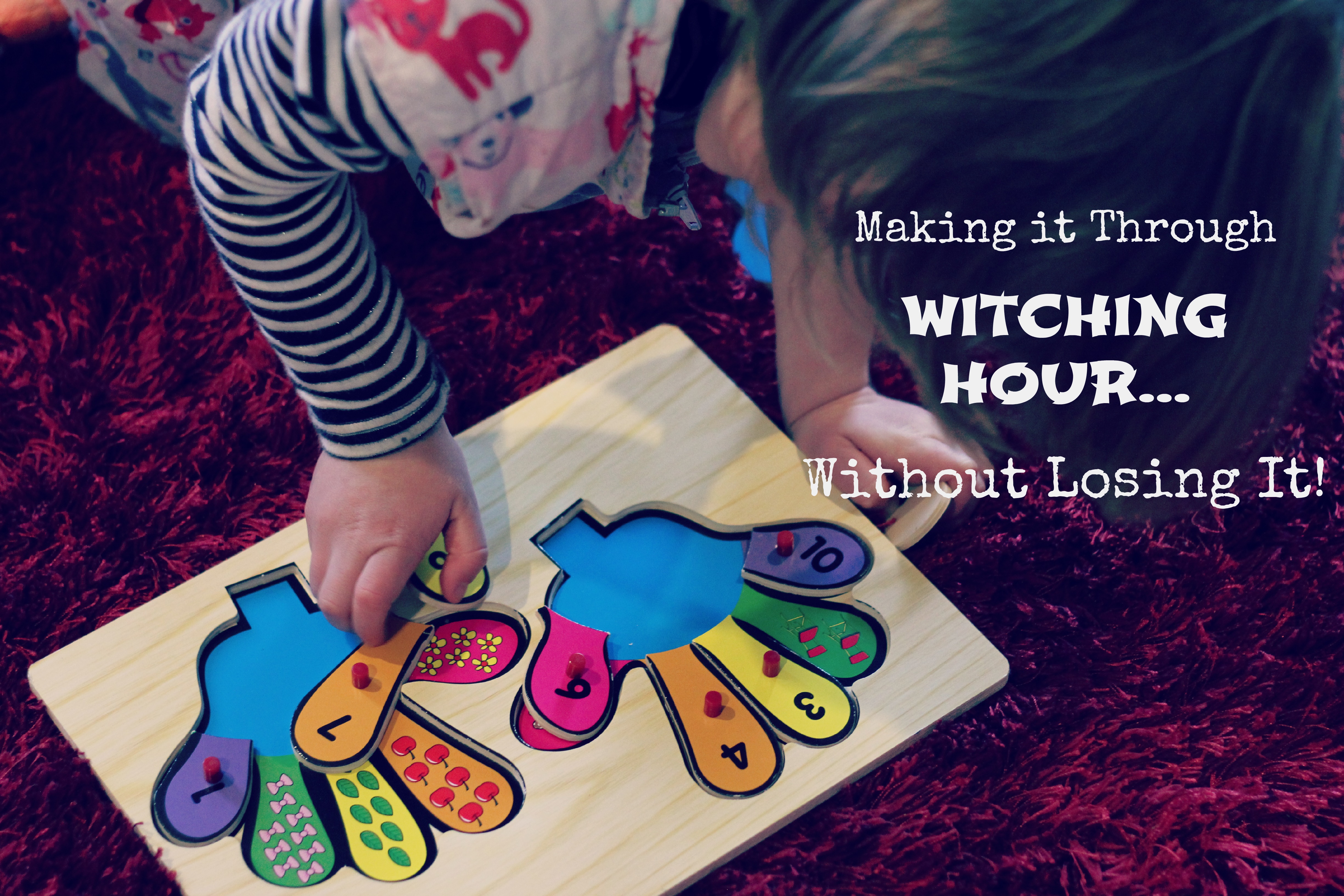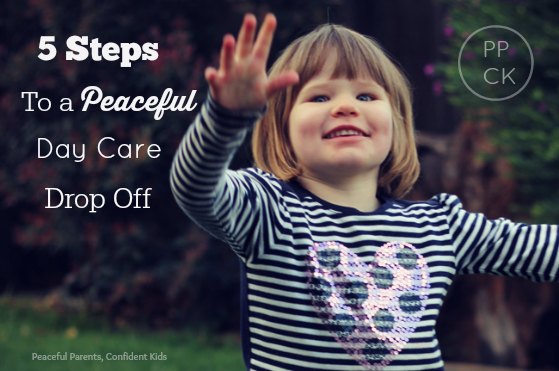Staying calm with children can be extraordinarily difficult at times. It seems our children are wired to wind us up until we snap. Many parents, including myself, strive to be mindful and considered in our parenting choices but in one moment of distraction it is easy to find ourselves being triggered and unable to stop the barrage that results.
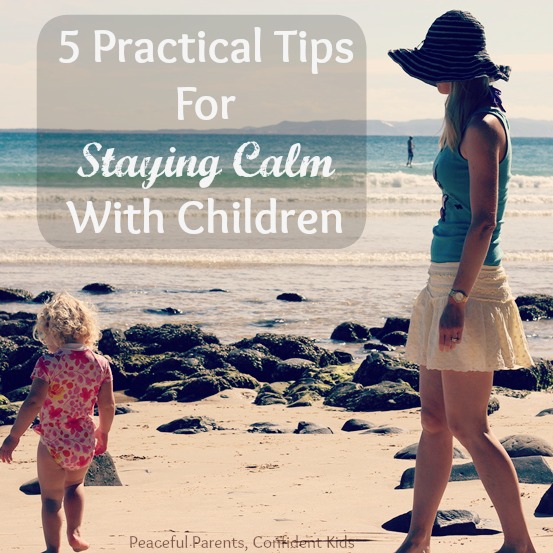
For respectful parenting to work, it is vital that parents are able to keep a cool and as my mentor, Janet Lansbury, says, ‘unruffled’ exterior when dealing with a child’s behaviour – that, for me, is the hard part. It sometimes takes all my strength, determination and most of all self-belief to achieve this but I can truly attest to the fact that my children respond far better and thrive the most when I am consistently able to steady myself and keep a peaceful yet firm exterior when they push me to my limits.
The days I am feeling sluggish, stressed or overwhelmed by accumulating housework are usually the days my tolerance levels are lowest. Coincidentally (or not), these days also usually happen to be the days my children seem especially clingy, whingey, demanding and testing!
When I have my own agenda for the day; things I am trying to achieve around the house, this is when I find myself less tolerant and less able to stay calm and accepting of difficult behaviours.
So I have, over time, developed practices which all contribute to me being more mindful, less stressed and better able to remain the peaceful parent I strive to be.
1. Mentally prepare for the day ahead
I do this by reading inspiring blog posts or a chapter of a great parenting book or listening to a motivating podcast. I am usually woken early in the morning by my children so I normally do this the night before, resolving to put into practice, a new technique or idea I have read the next day. Often just reading a success story or a profound Janet Lansbury post is enough to help me stay confident in my parenting throughout the day.
I write inspiring words or helpful phrases in the notebook beside my bed.
In the morning, I quickly scan these notes and I remind myself how important it is that I stay on top of my emotions and parent calmly throughout the day. Being conscious of my actions rather than just drifting mindlessly through the day really helps me stay focused on the role I have taken on. Like an actor in a play I guess.
Much of this mental preparation is centered around shifting my perspectives of the behaviours. Educating myself about the reasons behind challenging behaviours such as limit testing and tantrums really helps me to deal with them with more empathy when they occur.
2. Prepare meals on the weekend
Freeing up time during the day so I am not stressed about trying to get dinner made by a deadline with children either clinging to me or trashing something elsewhere in the house, is invaluable.
I now try to prepare the week’s meals on Sundays whilst my husband is home to help with the children. This way the weight of this daily chore is lifted. Instead I can use the week days to invite the girls into the kitchen to help, inspiring in them a love of food and cooking as we bake and create healthy goodies together with no stress or pressure to achieve a goal.
3. Make lunches and snacks at breakfast
When my husband is eating toast with the children at breakfast, I often make lunch for him to take to work. It occurred to me one day that it would be little extra effort to do the same for my children. So I bought them both lunch boxes with separate compartments for snacks, sandwiches etc and now I fill their boxes ready to pull out when hunger strikes.
So often I have been caught out having nothing prepared and having to scramble something together whilst my children bite chunks out of the cheese, dip their fingers in the butter or cry because I am not doing it the right way. And if I go to the kitchen whilst they are occupied with something else, they inevitably choose this moment to do something that demands my attention.
My stress levels increase and I sometimes have a hard time staying calm in such moments. Having everything pre-made eliminates this occurrence and also means the kitchen only needs clearing once, after breakfast, because I am not continually preparing food and dirtying dishes.
These Yumbox Original lunch boxes (affiliate link) are fantastic for organising the snacks into containers and keeping them all together. The kids love them!
4. Use care giving moments to connect
The realisation that my babies will all too soon be old enough to take care of themselves and no longer need me to look after them hit me like a tonne of bricks recently. I already knew that care giving tasks were precious bonding occasions but when I truly cherish each one, not only do my children feel more connected and better able to break away from me for extended play periods, I get my own feelings of love, joy and a sense of calm come over me when I give myself fully to my children for periods throughout the day. This further steadies my resolve to parent my children with care.
5. Reflect on the day
This is probably the most effective practice I use for becoming a more mindful, peaceful parent. There is rarely a day go by where I don’t discuss with my husband, a situation involving the children which occurred during the course of the day.
I recount blow by blow, the events leading up to the situation, the dialogue used and the ultimate outcome. Through this reflection I can think, without the pressure of the moment, and decide whether I could improve upon or change my involvement for future occurrences or whether it seemed to be quite successful as it was.
My blog writing further cements this reflection for me as I get the sense that by putting things down on paper, I am owning my actions and becoming more accountable.
I am also given so many opportunities to answer questions from readers which contributes to my reflective practice. It makes me think about scenarios that could come up for us as a family and how I would like to deal with them. It takes out some of the element of surprise, ensuring I am not having to always think on my feet with my own children.
Joining online forums and groups with like-minded parents, is also a great way to read about other people’s dilemmas and give you a chance to think about what you might do in that situation.
These are just a few of the things I have found have helped me remain the peaceful parent I am determined to be. I’m interested to hear what you do to stay unruffled when your children become challenging throughout the day.
You may also enjoy reading:
Tantrums and Meltdowns – My Secrets For Staying calm When The Kids Aren’t ~ Janet Lansbury (Janet Lansbury- Elevating Childcare)
9 Best Ways to Stay (Mostly) Unruffled With Toddlers ~ Janet Lansbury (Janet Lansbury- Elevating Childcare)
Self Soothing (It’s Not Just For Babies) ~ Christina Kessler (Respectful Caregiving)



 When do children develop empathy – I mean true empathy? I have always considered empathy quite a complex emotion. According to
When do children develop empathy – I mean true empathy? I have always considered empathy quite a complex emotion. According to 